TPM skill set is a combination of technology and soft skills. Below are the five pillars that constitute it:
-
Technical Competence
-
System Architecture/Design
-
Project Management Skills
-
Communication
-
Leadership
Technical Competence: This is a critical component of the overall TPM Skillset and differentiates a TPM from a PM. This difference can translate to hundreds of thousands of salary and multitude of job opportunities. Following is a list general technical concepts that a TPM needs to know:
- Cloud Basics – Different types of Cloud, Iaas, Pass, SaaS solutions. Scalability, Load balancing, Cloud Databases etc.
- Cloud Native Concepts – Microservices, Containers, Isolation, API designs, Logs as a service, Caching, Continuous Deployment, Deployment Pipelines, Kubernetes etc.
- Database Concepts –Relational (SQL) and NoSQL databases, basic SQL commands. Knowledge of Tables, Views, Indexes, JOINS, Transactions, Locks etc.
- API Design– What are API? Differences in Public and Private APIs. Rest APIs and Security, Reliability, Performance of APIs. API upgrades, Postman usage etc.
- Security – Security in general and especially in the Cloud is an important topic. Various kinds of security breaches like Denial of Service Attacks, Phishing, Spoofing etc.
- Analytics and Reporting – This another vast area where dipping your fingers may be helpful. Basic data warehousing concepts like Start Schema, Cubes, DataMarts, ETL (Extract, Transfer Load), Operational and Analytical Reporting, Dashboards, Tableau, Excel, MicroStrategy and similar reporting tools.
- Code Repositories: GitHub, GitLab, Code Merge, Code Conflicts etc.
- Streaming Platforms/Eventing Platforms: Kafka, SQS are a good start.
You can read my article on how to make the ‘T’ shine in your TPM for more details on this topic.
System Architecture/Design: Although, closely related to Technical competence, it gets its own separate Listing because this can be the most impactful technical contribution that you can make to your project. Can you do high level design of a chat platform, a social networking site, a search engine, a rideshare application, a travel website and the list goes on. Many engineers tend to over engineer the solution. You can keep them focused by asking how a certain design decision ties to business value. You can ask basic questions on how the design in consideration contributes towards Performance, Scalability, Capacity, Availability, Reliability, Recoverability, Maintainability, Serviceability, Security, Regulatory, Manageability, Data Integrity, Usability, Interoperability.
Project Management Skills: This includes all project management skills like Backlog Grooming, Structure Boarding, Sprint Planning, SCRUM, Sprint Closure and Retrospectives, Sprint Reporting, Cross group Collaboration, Spec Writing, Documentation, Bug Triage, Dependency and Risk Management, Running Meetings and Reviews etc. Project Management Certifications like PMP and PMI-ACP will come in handy to give you a good theoretical start on learning/brushing up of your project management skills.
Communication: According to latest research, a project manager may spend up to 98% of time in communication. This includes intra team/inter team communication, status reporting, leadership updates etc. Below are some major categories of communication:
- Verbal
- Active Listening
- Written
- Visual
- Body Language
Verbal: It’s important that a TPM has good command on verbal communication. Do you speak slowly and clearly? Can you get your message across to the audience? Can you tweak the message complexity accordingly? What is the tone/frequency of your voice? Do you use many filler words? Is your accent neutral? Do you speak too fast? Do you know when to speak and or when to let others speak? Do you interrupt or speak over others?
Active Listening: Verbal communication can only be effective when you are an active listener. Are you understanding and absorbing what others are saying or are you only focused on your message? Do people feel heard after talking with you?
Written: Are your written communications concise, consistent, constant and captured? Do you leave ambiguity in your messages? Can you differentiate which parts to stress upon? Do you know the difference in communication between email and Instant Messaging?
Visual: We live in an increasingly audio and visual world. From Instagram to Pinterest, GIFs to Videos these are more creative and fun ways to get your message across. Good pictures and diagrams can capture attention fast and stay in the audience brain for much longer.
Body Language: This is the most overlooked part of communication. As a PM you will be interacting with lot of people. Your body language needs to show positivity, understanding and acknowledgement. Starting with standing upright, a firm handshake, good eye contact, uncrossed arms and legs, looking at the speaker rather than your laptop screen or phone are all signs of good body language.
Leadership: TPM is the caption of the ship. Without leadership skills either this ship will be in peril or someone else like an Engineering Manager will need to jump in take control of the affairs. While, it may seem that an Engineering Manager by having more technical knowledge and directly reporting engineers is the leader of the project, this doesn’t need to be the case. Leadership skills can be this differentiator for you. This includes but not limited to:
- Conflict Management
- Negotiations and Trade Offs
- Decisiveness
- Managing Up
- Standing up for the team
Above skills will be used daily and will become your second nature as you keep practicing them. Use common sense, empathize with other’s point of view, aim for a win-win solution even if it requires some tradeoffs and do not be afraid to take bullets for your team. This will establish team’s and partner’s trust and credibility in you which will be your most important asset in the TPM role and overall career.
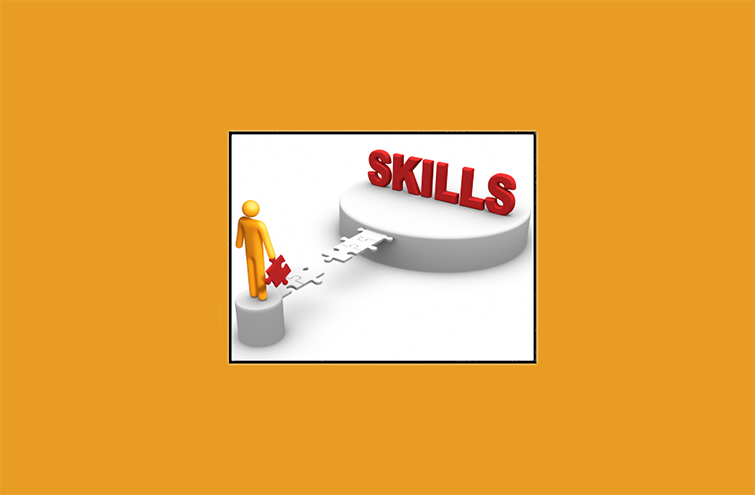
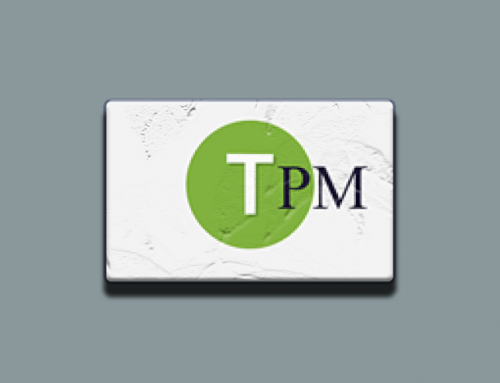
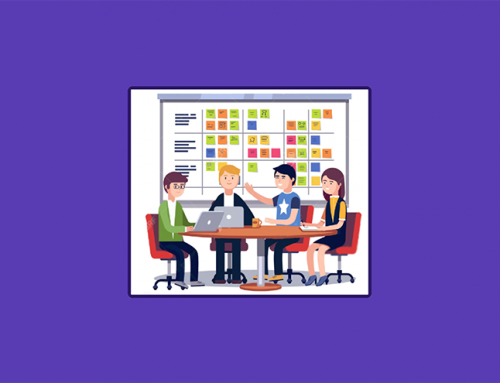
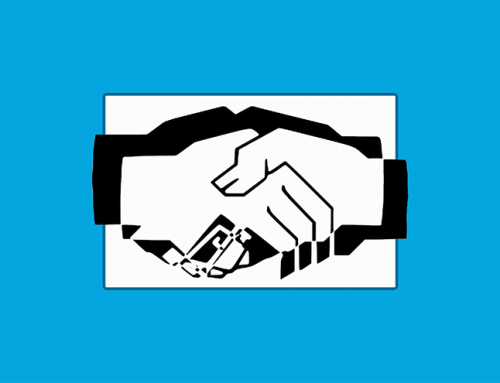
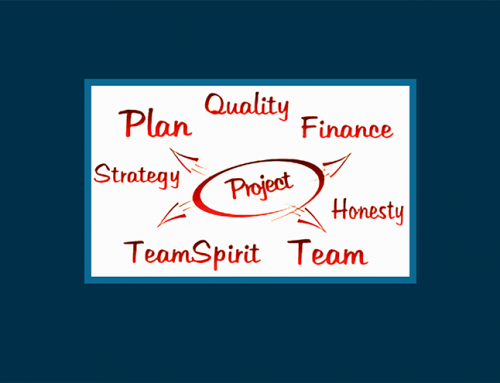
Leave A Comment